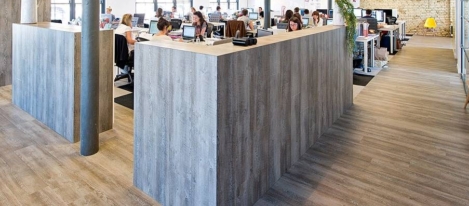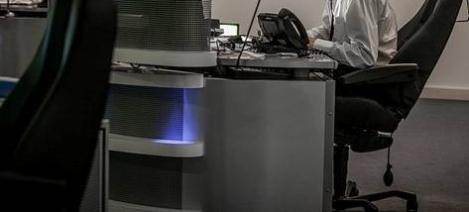July 1, 2015
Three ways in which the business case for green building design is moving on
 The case for sustainable building design used to be based on two straightforward principles. The first was that buildings had to offer up some sustainable features to comply with the ethical standards of their occupiers. The second was that there was some financial benefit. Often these principles went hand in hand, especially when it came to issues such as energy efficiency. They remain the foundations of the idea of green building design and are applicable across a range of building accreditations such as BREEAM as well as standards relating to specific products and policies. Over the past couple of years, however, we have become increasingly aware of other drivers that might make us all re-evaluate how we approach sustainability. These drivers are based on a more sophisticated understanding of green building design and the benefits for all of those involved.
The case for sustainable building design used to be based on two straightforward principles. The first was that buildings had to offer up some sustainable features to comply with the ethical standards of their occupiers. The second was that there was some financial benefit. Often these principles went hand in hand, especially when it came to issues such as energy efficiency. They remain the foundations of the idea of green building design and are applicable across a range of building accreditations such as BREEAM as well as standards relating to specific products and policies. Over the past couple of years, however, we have become increasingly aware of other drivers that might make us all re-evaluate how we approach sustainability. These drivers are based on a more sophisticated understanding of green building design and the benefits for all of those involved.
































July 6, 2015
Humans will remain at the heart of the emerging digital workplace
by Maciej Markowski • Comment, Flexible working, Technology, Workplace design
(more…)